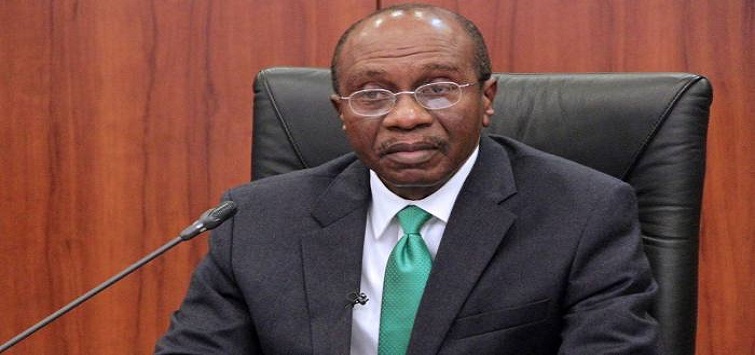CBN is exceeding its authority.’ – A Nigerian blockchain group criticizes the crypto crackdown

The Blockchain Industry Coordinating Committee of Nigeria (BICCoN) has questioned the Central Bank of Nigeria’s recent actions in imposing a new ban on user accounts linked to crypto-related activity.
In a news release, the blockchain collaborative body criticized the Central Bank of Nigeria’s recent “overreach.”
Remember that the CBN ordered banks to stop processing cryptocurrency-related transactions in the country in February 2021.
Individuals suspected of engaging in crypto-related transactions in Nigeria should have their bank accounts blocked, closed, and frozen, according to the Apex body.

According to BICCoN, the central bank’s actions, as well as those of deposit money banks (DMBs), nonbank financial institutions (NBFIs), and other financial institutions (OFIs), are questionable.
“We consider questionable the actions of deposit money banks (DMBs), nonbank financial institutions (NBFIs), and other financial institutions (OFIs) in blocking, closing, and/or freezing the bank accounts of individuals and entities by the mere fact that these individuals and entities are involved in cryptocurrency trading or cryptocurrency-related transactions without more.”
Nigeria’s Blockchain Industry Coordinating Committee (BICCoN)
The BICCoN describes itself as an intercommunity working group and began operations on January 28, 2021. The group’s mandate arose from the need to combat the growing number of cryptocurrency scams in the industry.
The Blockchain Nigeria User Group (BNUG), the Cryptography Development Initiative of Nigeria (CDIN), and the Stakeholders in Blockchain Technology Association of Nigeria comprise BICCoN. (SiBAN).
The body is also made up of independent stakeholders who are not affiliated with any of the three blockchain organizations/communities.
The press release went on to say that the current actions of the financial regulator and banks operating in the country are not supported by the Federal Republic of Nigeria’s current laws.

“Affected individuals and businesses are urged to seek legal counsel to assess the unique circumstances of their cases.”
The group, which previously spoke out against the CBN’s February ban on banks supporting cryptocurrency transactions, reiterated that position in a recent press statement.
“We reiterate the position we took in our 13 February press release, in which we stated that the Central Bank of Nigeria (CBN) has overstepped its statutory bounds with its 5 February circular on cryptocurrency and should reconsider its decision.”
The CBN “allowed” banks to offer their services for cryptocurrency-related transactions in a circular issued on January 12, 2017, according to the press release, and the circular issued in February 2021 is contradictory.
“The CBN authorized these DMBs, NBFIs, and OFIs to provide banking and other financial services to virtual currency exchangers/customers, subject to ensuring that these exchangers/customers have effective anti-money laundering and counter-terrorism financing (AML/CFT) controls that allow them to comply with customer identification, verification, and transaction monitoring requirements.”
Only when banks and other financial institutions are dissatisfied with the controls put in place by virtual currency exchangers should the customer relationship be promptly terminated, as required by that circular.
The press statement went on to say that the group will “maintain” its previous position that the CBN is infringing on the National Assembly’s law-making powers, which is in violation of Chapter 4 of the Federal Republic of Nigeria’s 1999 Constitution (as amended).
“There is currently no legislation by the National Assembly criminalizing or illegalizing trade in cryptocurrency in Nigeria. Therefore, it is questionable whether the CBN has the statutory power to order the (permanent) freezing [or closure] of these accounts. “Besides, Nigeria’s money laundering and anti-terrorism laws contemplate the freezing of individual or specific accounts, not a blanket closure of the accounts of a set of persons, entities, or entire industries by virtue of their involvement in cryptocurrency trading or services, which is a lawful business. If the CBN’s circular is not reviewed, it will set a dangerous precedent in the country. “







